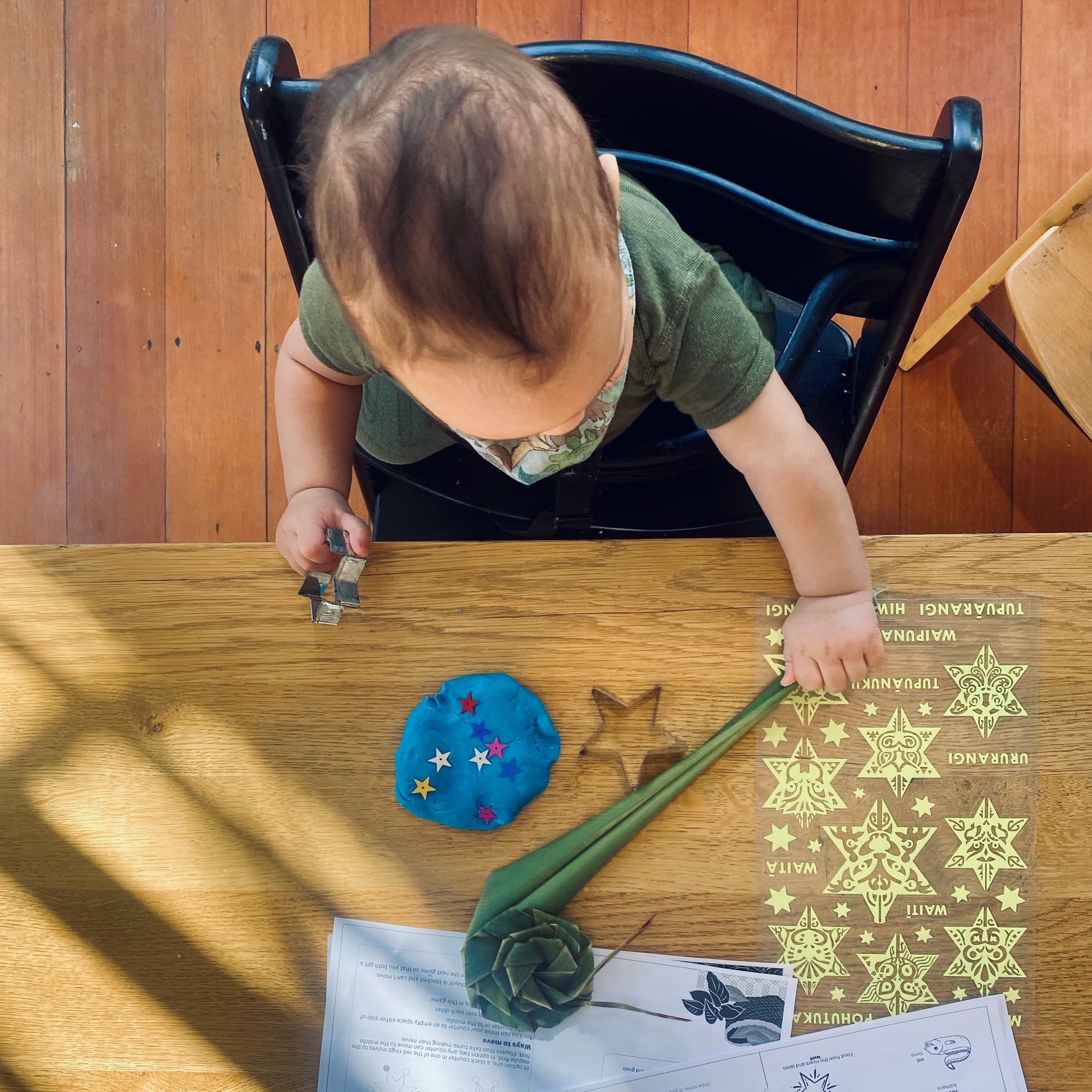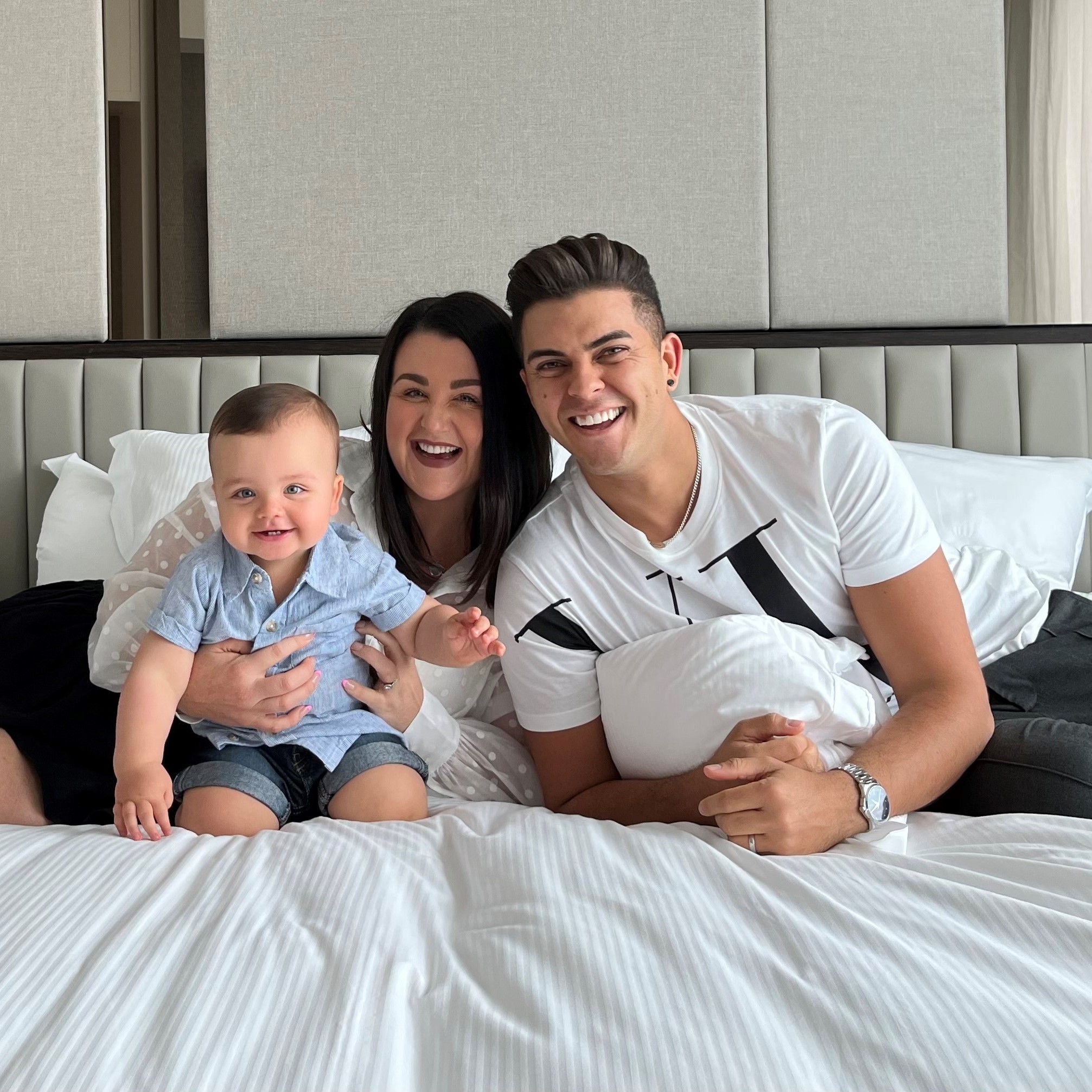Ask Our Experts: Navigating Situations With a Toddler Who’s Hitting and Biting

Counsellor, Parent Coach and Mindfulness Trainer, Shirley Pastiroff from Renew Your Mind shares her advice.
Q: How do I manage unwanted behaviours in a calm and mindful way? My child is 15 months and has been going through the hitting/biting phase which I know is common for a toddler but it’s so challenging! How do I make it stop?
Shirley: The transition from what can feel like the ‘innocence’ of the infant stage of life to the complexity of the toddler stage can be a bombshell for parents. They’re moving, speaking, listening (selectively!), experiencing themselves as separate little humans with the intense range of emotions that involves, and developing behaviours to match those emotions. Some of these behaviours are breathtaking; they’re taking steps, making marks on paper, playing alongside others, and developing preferences. Other behaviours that result from this developing emotional rollercoaster can feel primal, embarrassing, especially in public, and even a little scary.
This is the parenting journey we navigate from the toddler stage to around 18 (sometimes longer!) and starting well sets us up for the rest of their lives. Mindful calm is partially about accepting What is, rather than hoping for What if. It sounds like a rather basic concept but from a neuroscientific level, it’s hugely important. I need all the loving, kindness and presence I have to manage what’s happening right now, let’s say some biting or hitting, so even the word ‘unwanted’ can reduce my ability to stay alongside my child when they really need my equanimity.
Unwanted means the behaviours are inconvenient for us (also for the recipient of the bite), but they’re actually ‘wanted’ behaviours in terms of human development. Just as we as adults need access to all our emotions in order to live well, so do our kids. When they experience the early stages of anger, frustration, noticing what’s mine, what-isn’t-but-I’d-really-like-it-to-be and so on, cortisol and adrenaline shoot through their system, and they respond. We get to be their companions through that mucky jungle, and they need us as steady as we can be. It’s a privilege we don’t necessarily want, but if we do want happy, healthy, resilient children, their anger, sadness and fear need to be fully accessible to them. Over time they grow to process these emotions well, with our support.
Let’s get practical now. When your kid is biting or hitting (when not if), firstly notice the rise in your own body. It’s what we’ll eventually try and teach them, so we need to practice. It takes seconds, but just notice the cortisol in your own body, any tension or judgment (perceived or otherwise) and allow it to settle. “This is totally normal behaviour, but it does need an intervention” might be your self-talk. Then with less activation in your system, you gather them up quickly and gently, especially if someone else needs to be protected, and whisper in their ear, “You’re really feeling frustrated… Sheesh that kid’s toy looked good… You wanted to taste her morning tea so badly… that makes perfect sense.”
The words are for you as much as your child, who at 15 months will mostly hear the tone, which is about the oxytocin (the relational loving hormone) you’re offering them, whilst making sure the boundary is put in place with your arms, not your words. You might walk around with them, still fully validating what they just experienced (you may be guessing if you didn’t see what happened), and then you pop them back down when you feel their body has settled a little. Stay close, keep an eye out and gently remove again if you need to. And repeat!
I have so many parents worry they’re condoning the presenting behaviours, whatever they are, but it’s actually disapproval or frustration in a parent’s voice that is the dominant reinforcer of tricky behaviours, like hitting and biting. When children feel the cortisol shoot through, feel their muscles tense and find their teeth because they don’t have many words, but then find themselves up in the air in a gentle embrace, with descriptive words for what they’re experiencing, they learn two things really quickly:
- I am not bad.
- I don’t seem to get what I want when I try this way.
It’s totally subconscious, but because there’s no parental anger their brain stays wide open and curious. Over time they explore and discover new ways to communicate what they want, and can even experience the flooding of disappointment without teeth and fists being their go-to, not because they’ve become morally mature little people, but simply because they’ve learnt the experience of being angry and held lovingly (rather than told off), and more pragmatically because it didn’t seem to work the last few times.
Find Shirley at renewyourmind.co.nz/themindfulparent. To book a consultation, you can contact her through the website or register for one of her Mindful Parenting courses here.
Do you have a question you’d like our experts to answer?
"*" indicates required fields



